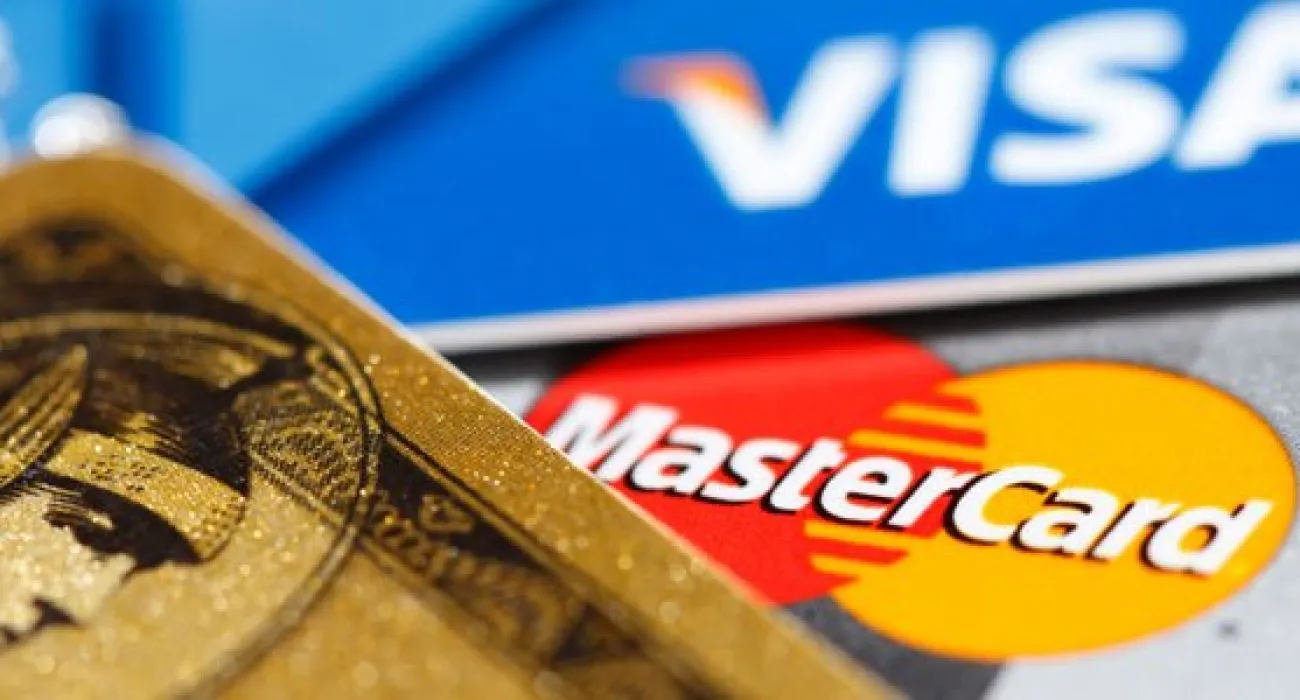Forming a new LLC, S-Corp, or C-Corp can be intimidating. Not only will you have to navigate the fees, taxes, and filing requirements, but also learn how to build credit history from scratch for this new entity.
One of the most common ways people do this is to apply for business credit cards. But guess what? Those might not help your business credit – and sometimes – it can even hurt your personal credit. Here are five caveats you need to know about.
#1. Banks require personal guarantees
Nowadays all of the business credit cards on the market require a personal guarantee. That means you will have to apply with your Social Security number. Approval (or denial) will be based upon your personal credit history and if anything goes wrong with the account after it’s opened, it will show up on your personal credit report.
Is it possible to get a business card without a personal guarantee? Sure, but there are some mighty steep requirements that will have to be met. All of the major card issuers like Citi, Bank of America, American Express, etc. typically require the company to have $5 million in revenue and 2+ years of solid operating history. So obviously, a new business won’t qualify!
#2. Not all cards can help business credit
All business cards report to Dunn & Bradstreet, right? Wrong!
Many people make this assumption, only to find out later their card is nowhere to be seen on their business credit report. In fact, I actually made this mistake years ago with my Business Gold Card. I applied thinking it would help build credit for my LLC, only to later discover that American Express does not report their small business OPEN cards to D&B. So it was great for benefits, but bad for credit building.
Some of the more popular cards that usually do report to D&B include the Chase Ink, Capital One Spark, and the store cards from Staples, Office Depot, and 76 gas stations.
#3. Some cards show up on your personal credit
As I mentioned in #1, giving a personal guarantee is practically inevitable. But with most issuers, the business account will never show up on your personal credit file, assuming the bills remained paid (or in other words, as long as you don’t default).
However with some business credit cards, they will be fully reported to your personal credit even if your account is within good standing. That’s probably a good thing if you don’t carry any debt. But if you have a large balance on your business account, then that can adversely affect the debt to credit ratio for your personal credit score.
Conclusion? If you won’t ever be carrying a balance, then don’t worry if the account shows up on your personal credit. But if you will be carrying a balance (and having a high debt to credit ratio) it would probably be best to find a business card that will not report to your personal. One such card is the Chase Ink; I’ve had it for almost a year and it has never shown up on my personal report.
#4. Don’t forget about the credit inquiry
Regardless of whether or not the card will show up on your personal credit report, one thing is for sure… at the time of the application, a credit inquiry will be made and that will show up.
If you don’t plan on applying for a loan or mortgage within the next 12 months, then don’t sweat it (they remain on your report for 24 months, but can only impact your score during the first 12). However if you’re contemplating a loan in the near future, then you may want to think twice about getting your business card now, if you already have several recent credit inquiries on file.
#5. A credit card isn’t always the best idea
Let’s be honest here… do you spend too much? If you’ve had problems overspending and raking up debt on personal credit cards, then what makes you think you will be able to handle a business account any better?
Even though [some] credit cards can be a good way to build business credit, they definitely aren’t the best option for everybody. If there’s a chance you will get into trouble with them, then you may want to consider other options.
For example, many banks and credit unions will allow new businesses to take out a secured loan. You might put up, say a $5,000 CD, and in exchange they will loan you $5,000. Obviously this may seem pointless since you are borrowing money from yourself, but for some types of businesses it’s worth the cost if it will help build credit.
This article was written by Michael, the president of CreditCardForum. There you will find a listing of his favorite small business cards.
Visit to www.oxygenfinancial.net to request a free consultation with the leading financial experts for people in their 20’s, 30’s, and 40’s in the country.




